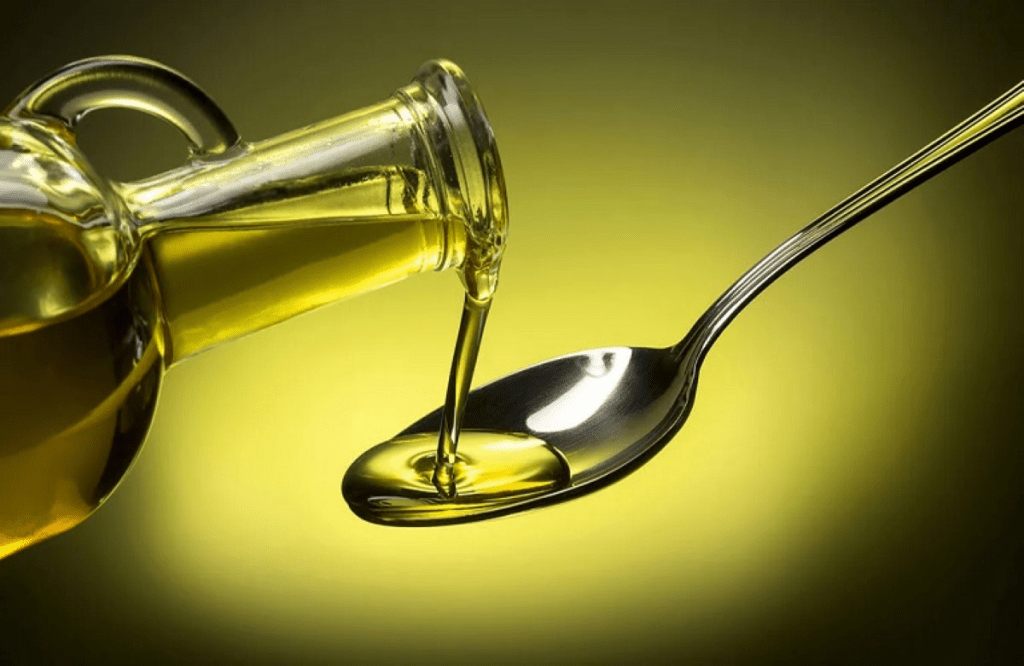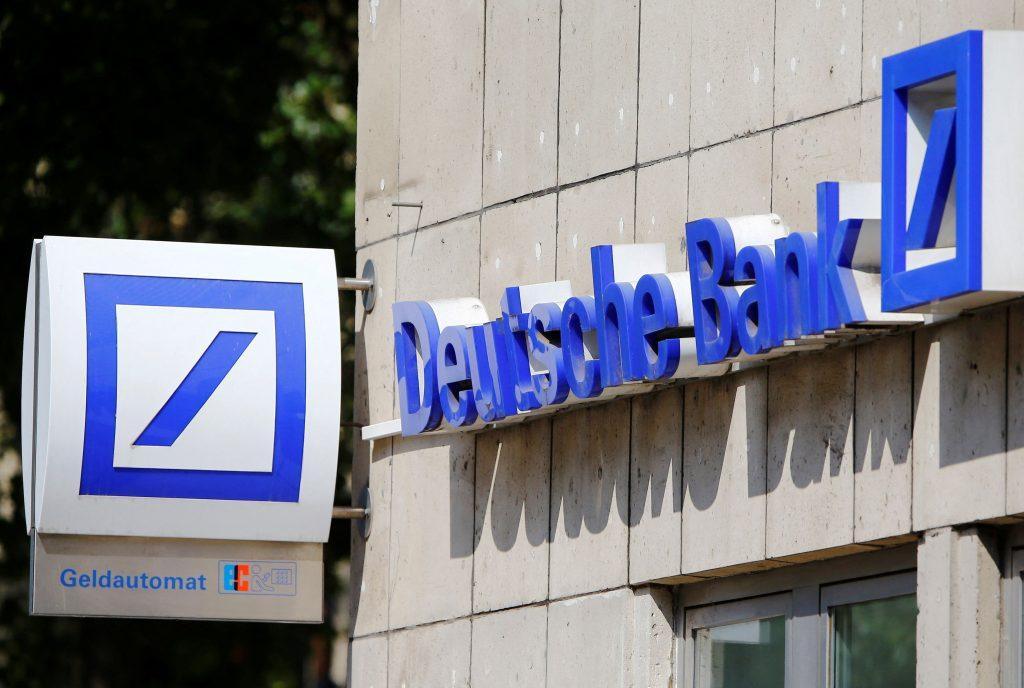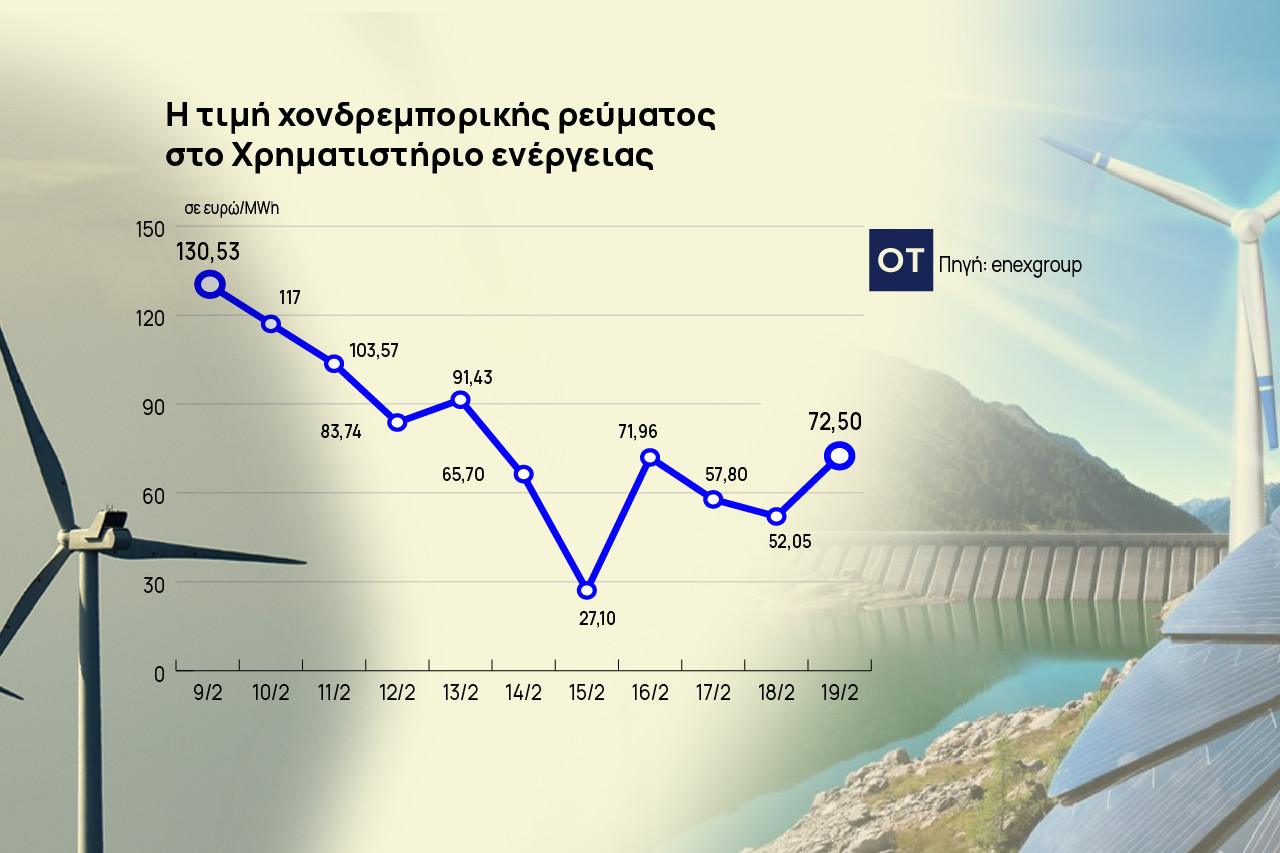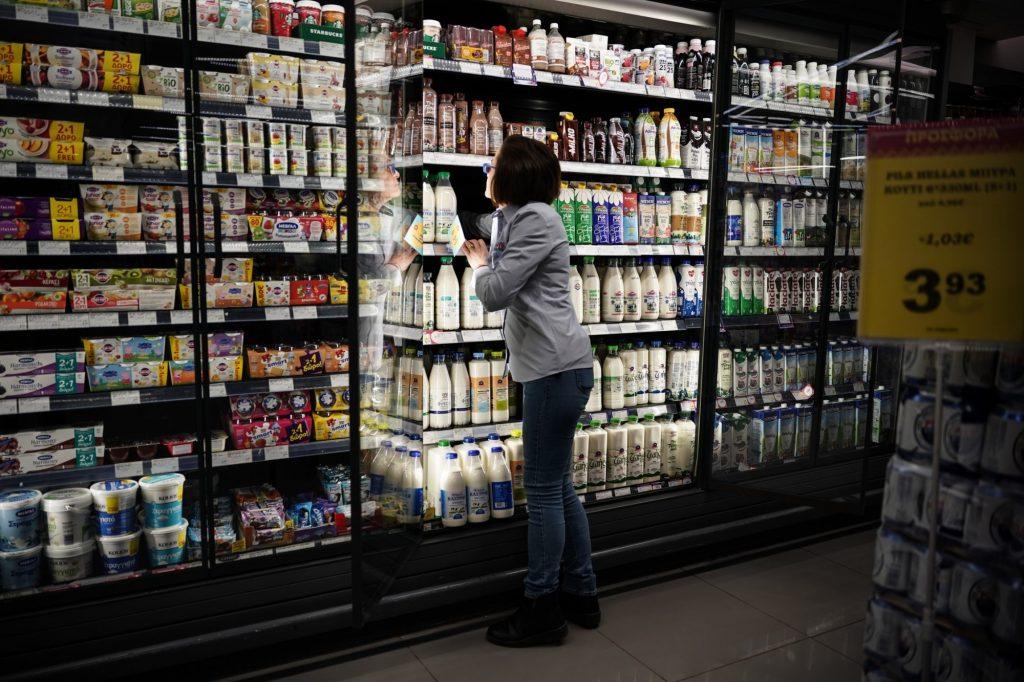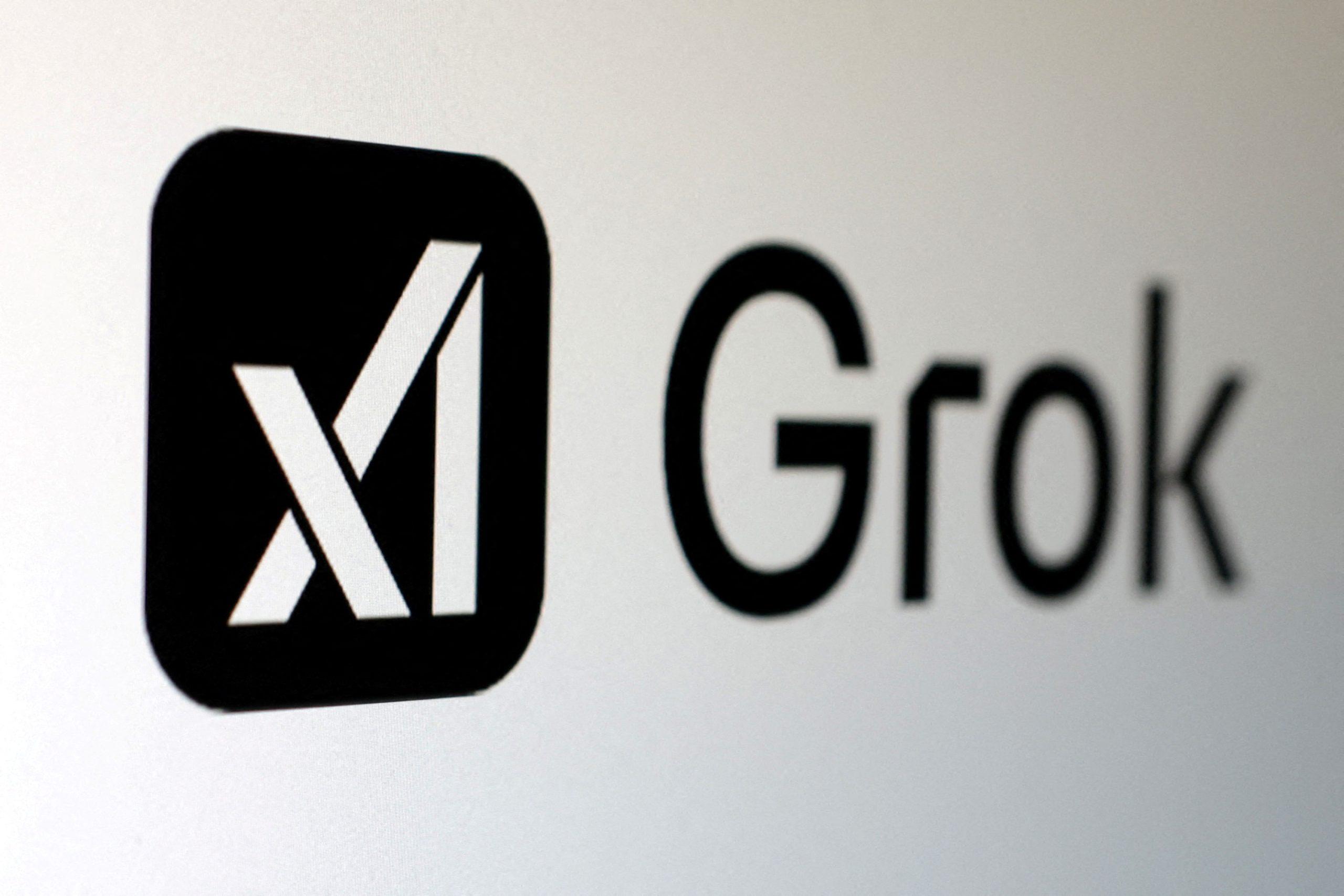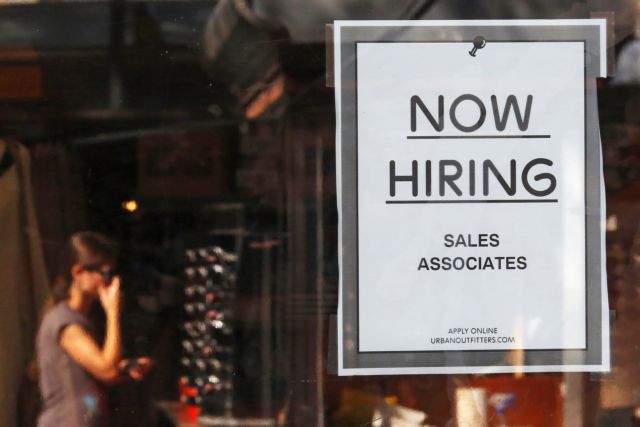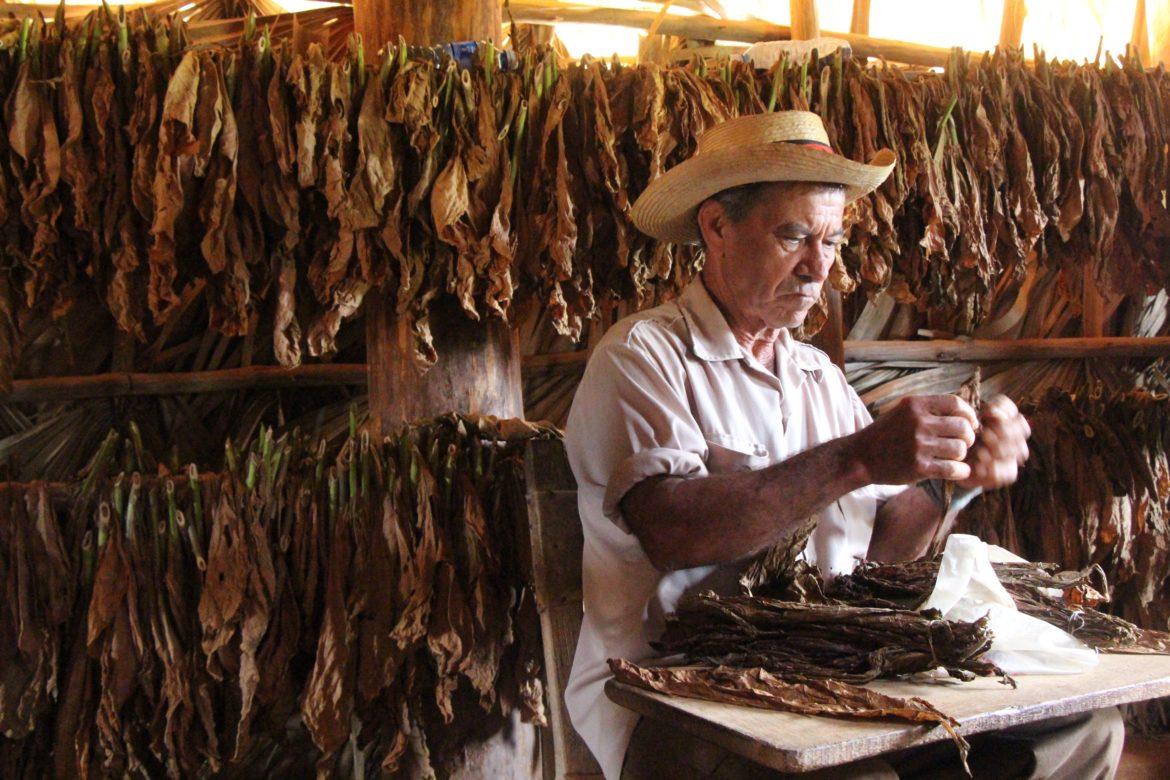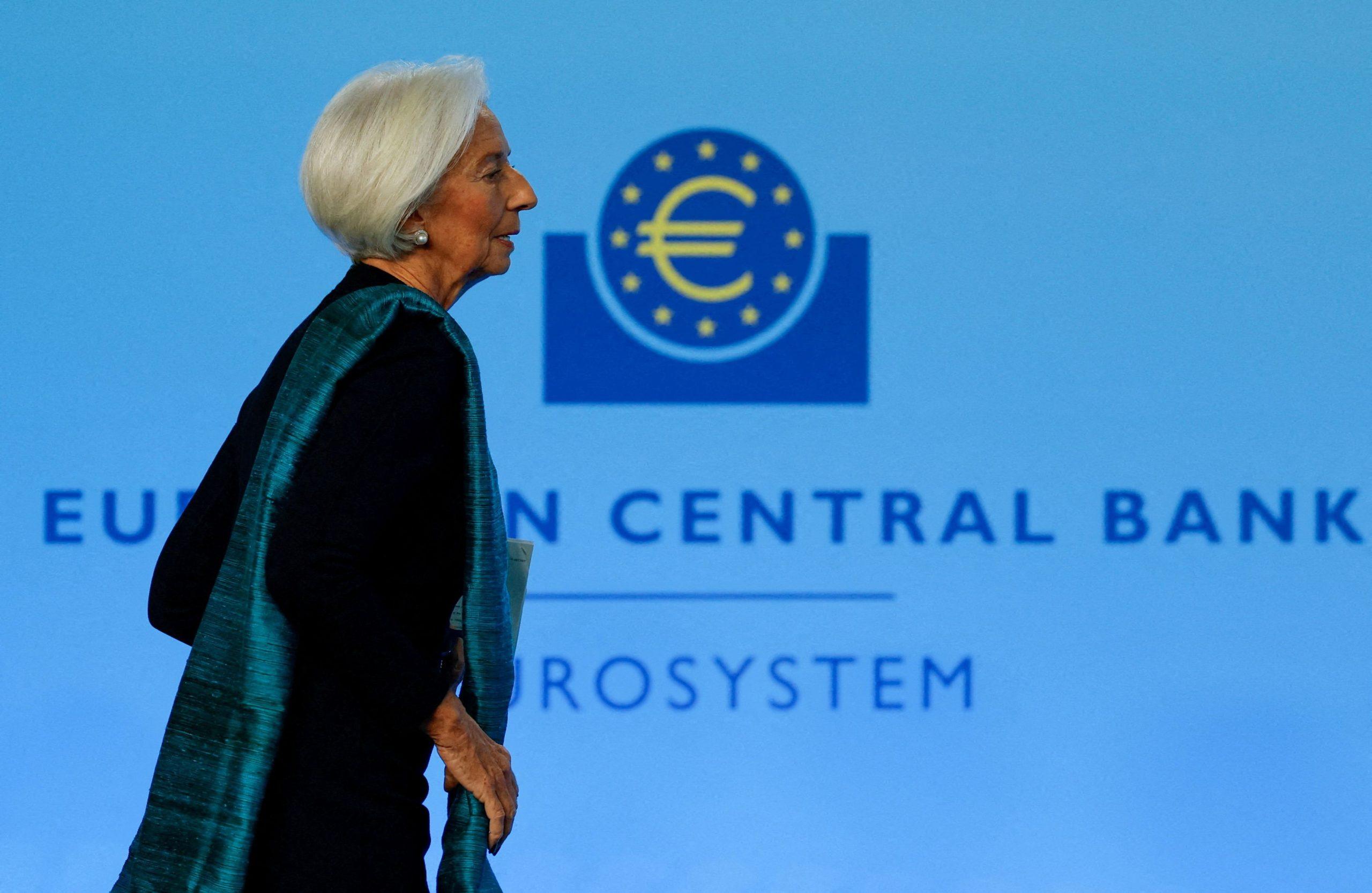Greece’s olive oil industry finds itself at a critical turning point. A sharp drop in domestic demand has left nearly 40% to 50% of this year’s harvest unsold, creating a surplus that is placing intense pressure on producers. Farmgate prices have plunged to around 3.80 euros per liter—barely covering production costs and raising concerns across the supply chain.
At the same time, olive oil consumption in Greece has fallen to 9.7 liters per person, pushing bottlers to revive demand for branded products, while supermarket sales have also shrunk to just 15,800 tons.
Data presented by representatives of SEVITEL, the Association of Greek Olive Oil Standardization Industries, paints a stark picture: of the 250,000 tons produced annually in Greece, only 110,000 tons are intended for domestic consumption. Out of that, a mere 15,800 tons are sold as branded products on store shelves, while the remaining 95,000 tons are distributed in traditional 16-liter tins—often unbranded and lacking quality assurance.

Despite the surplus, SEVITEL is cautiously optimistic that all olive oil will sell by season’s end. However, they cite traditional tin containers as a barrier to branded growth and stress the urgent need to enforce laws against bulk, untraceable sales in large containers.
The president of the National Interprofessional Olive Oil Organization, noted that enforcing bulk distribution laws is politically costly. Despite years of proposals, SEVITEL says real action is still lacking, making a unified national policy more urgent than ever.
Source: Tovima.com
